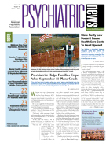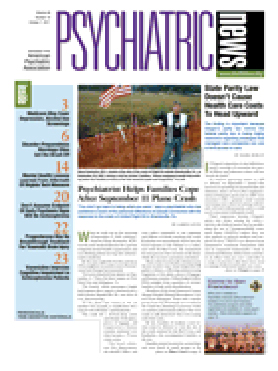Alzheimer's disease, once believed to be primarily associated with aging, may actually sometimes get its start in the youthful brain, some evidence suggests.
For example, scientists reported in 2006 that people as young as 19 years who had at least one copy of the Alzheimer's risk gene variant APOE-e4 had reduced gray matter in various regions of their brains. Then other scientists reported in 2008 that children with the APOE-e4 variant and a family history of Alzheimer's scored lower on cognitive tests than did children without these risk factors.
And now Dutch scientists report that another Alzheimer's risk gene called SORL 1 is linked to the size of the hippocampus in healthy young adults.
The SORL 1 gene is known to code for a protein involved in the sorting of amyloid precursor protein into beta amyloid plaques, which then contribute to Alzheimer's. Moreover, not just one but several of the gene's variants have been associated with Alzheimer's disease. And atrophy of the hippocampus—the brain's memory center—has been linked to beta amyloid plaque deposition very early in the Alzheimer's disease process.
The study sample consisted of more than 900 healthy young adults aged 18 to 36 with an average age of 23. Using gene analysis and brain imaging, the scientists identified three notable findings regarding their sample. First, differences in hippocampal volume were significantly linked with the SORL 1 gene in general. Second, four variants of the SORL 1 gene were significantly linked with reduced hippocampal volume. And third, one of these variants—called snip rs668387—showed a particularly strong association with it. This variant had also been linked to Alzheimer's by other scientists. Furthermore, the findings remained firm even when possession of the APOE-e4 gene variant was considered.
To further demonstrate these findings, of course, a longitudinal study is needed.
A related question the researchers raised is whether the SORL 1 gene in general, or the four variants linked with a smaller hippocampus in particular, has any impact on the size of the entorhinal cortex in healthy young adults. This brain region, which nestles in front of the hippocampus and affects the sense of smell, is known to be eroded by Alzheimer's even earlier than the hippocampus is.
But all in all, the scientists concluded, "This study provides the first evidence that the SORL 1 gene is associated with differences in hippocampal volume in young, healthy adults.... The results [also] support the hypothesis that the SORL 1 gene contributes to an increased risk for Alzheimer's disease through effects on hippocampal volume."
The study's senior investigator was Barbara Franke, Ph.D., of Radboud University Nijmegen Medical Center in the Netherlands. The results were published July 5 in AJP in Advance.
The study was funded by the Hersenstichting Nederland.

